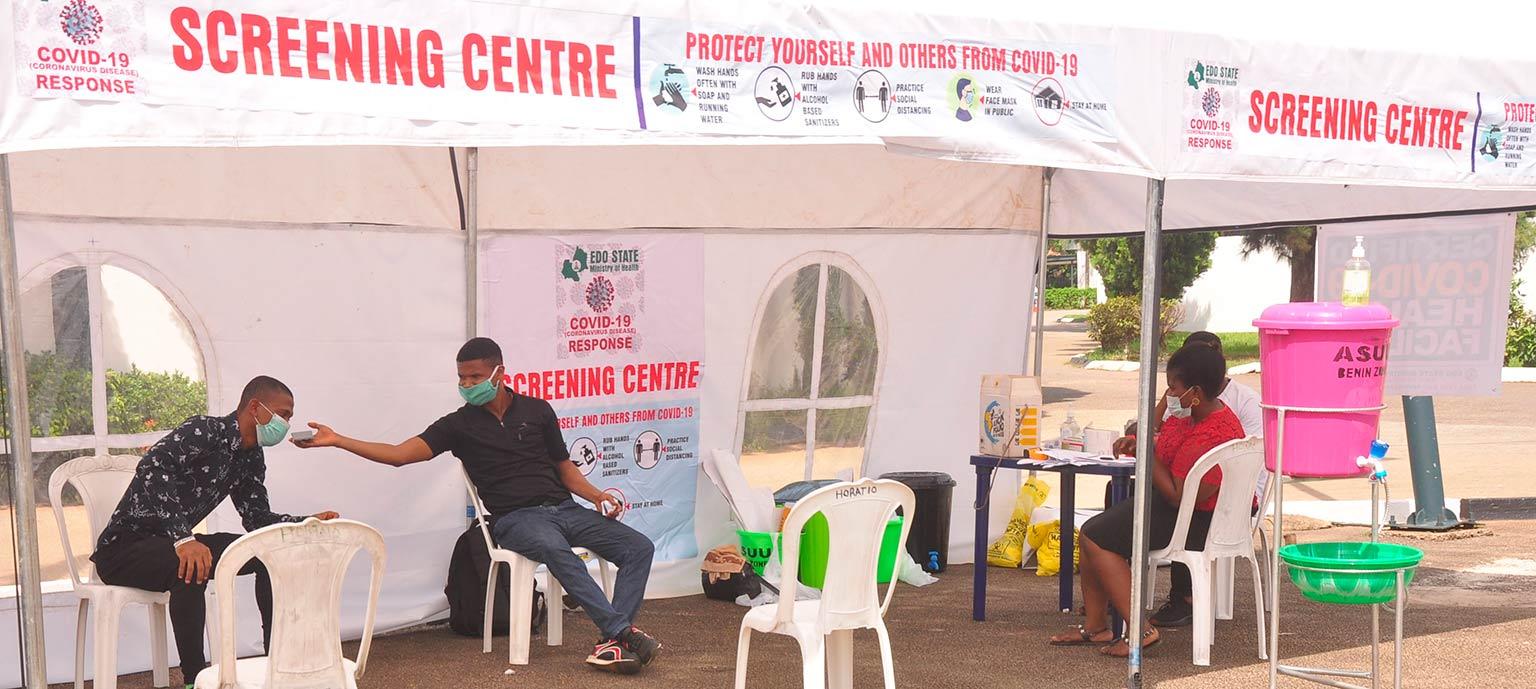How Edo State has responded to the COVID-19 pandemic
By Crusoe Osagie
The Governor Godwin Obaseki-led administration in Edo State approached the coronavirus (COVID-19) pandemic with a scientific touch, kick-starting the campaign with the constitution of a COVID-19 Response Team, which commissioned an epidemiological survey that provided the state with a curve to predict the different stages of the virus’ spread and a pathway for a response.
The Edo State COVID-19 Response Team operates an Emergency Operation Centre (EOC) with six pillars, namely, communication, incident management, manpower, security, logistics, and facilities.
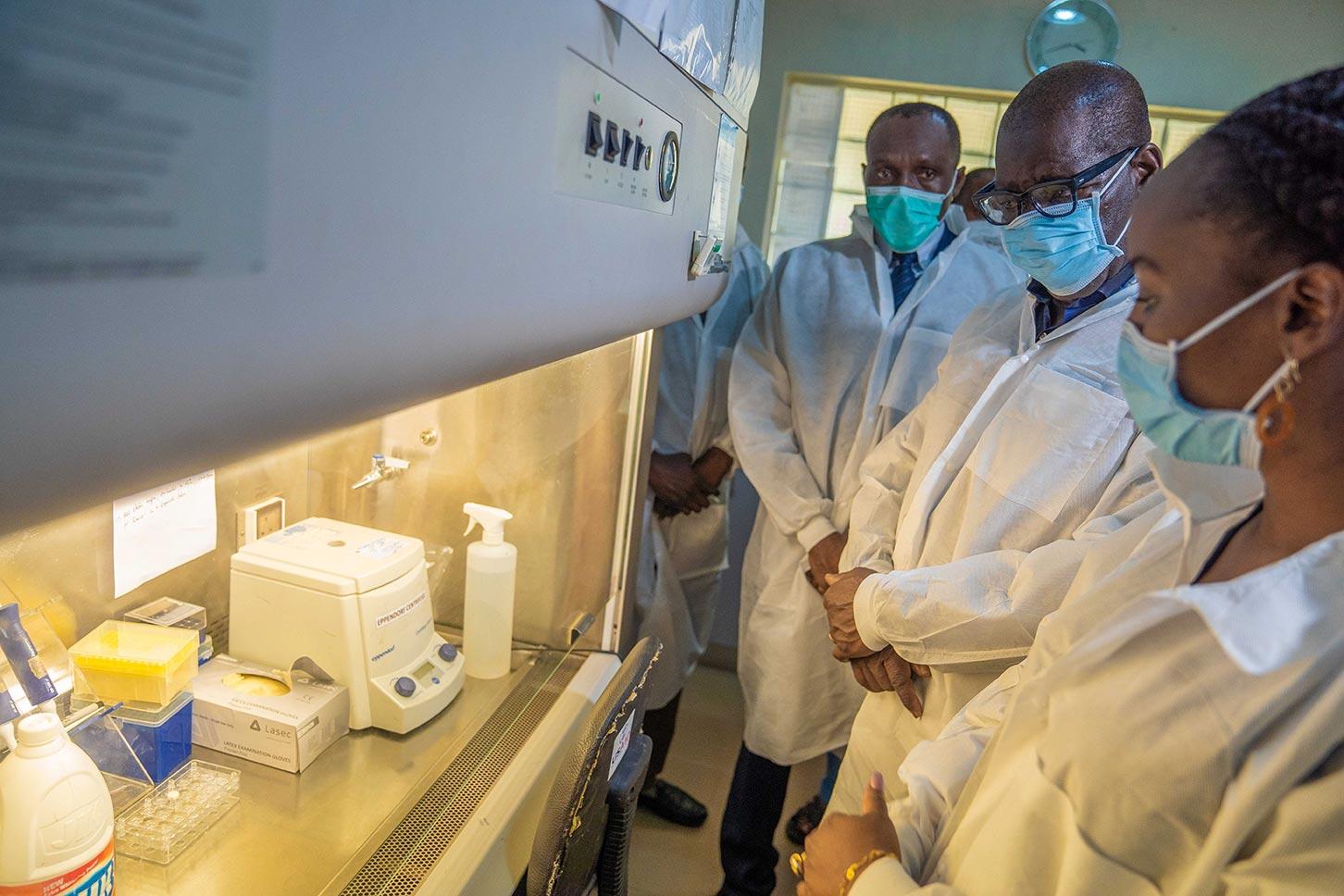
This provides a robust platform to engage and pool the experience of different stakeholders in the state to coordinate the efforts to contain the spread of the virus. The Response Team is made up of the Chief Medical Directors of the University of Benin Teaching Hospital (UBTH), Irrua Specialist Teaching Hospital (ISTH); Commissioner for Health, Dr. Patrick Okundia; heads of other government hospitals in the state; special advisers on key nodes of intervention and other private sector actors.
The team meets virtually at 10 am daily to review efforts and map out fluid, forward-looking, and well-orchestrated strategies to halt the spread of coronavirus. They have set a target to screen and test 500,000 and 15,000 persons, respectively.
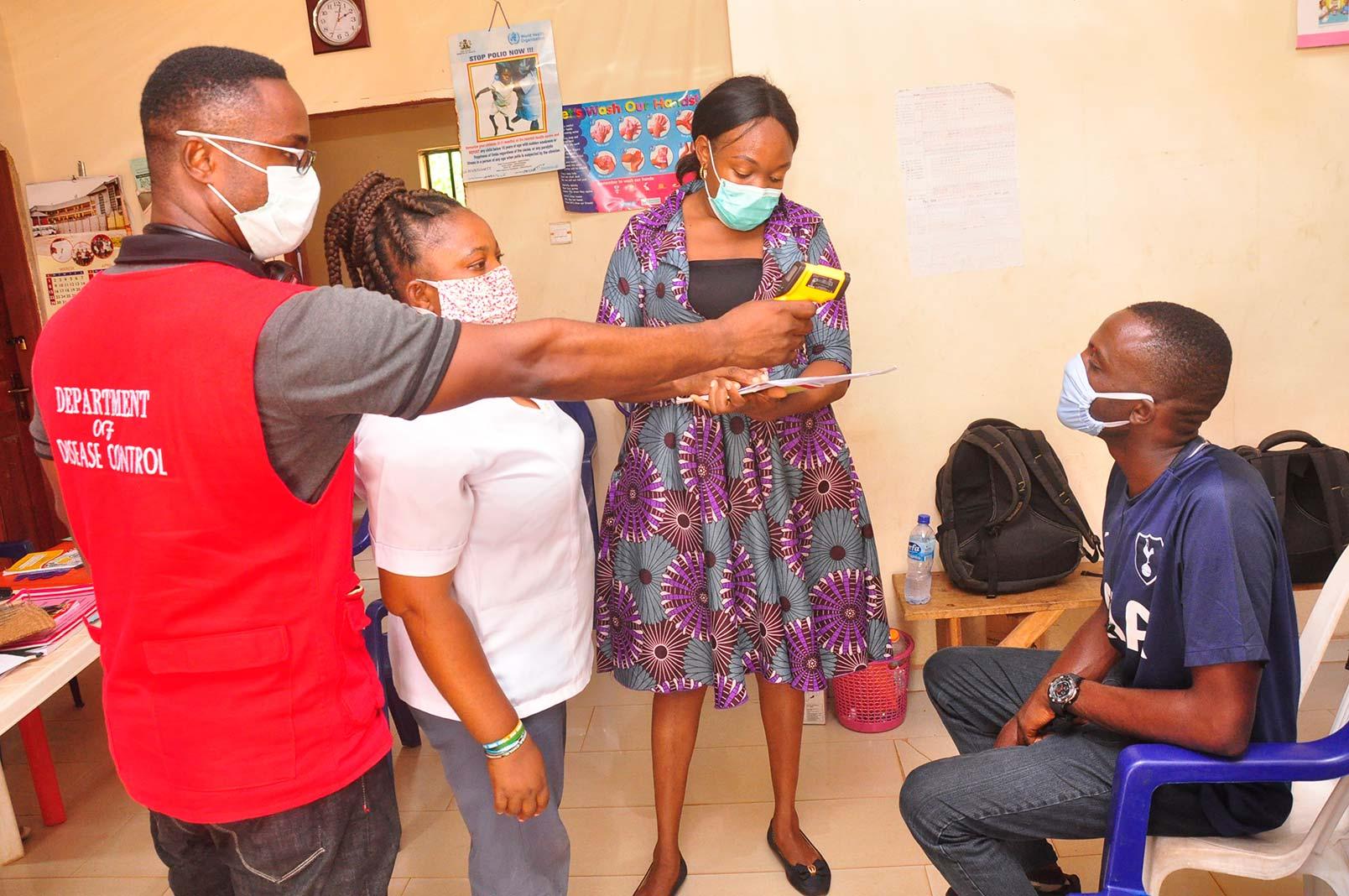
In terms of manpower, the state government has trained over 4,200 health workers who are in the front lines of the campaign against the pandemic. These health workers are provided with life insurance and hazard allowances ranging from N90,000 to N300,000 to cater for as low as support staff up to the consultants working on the front lines.
For incident management, in the wake of the outbreak, Governor Obaseki and his team exploited their vast network to get 5 PCR machines; over 5000 Viral Transport Medium (TVM); 28 ventilators, mobile x-ray machines, oxygen concentrators, among others. Of the 5 PCR machines in the state, three are sited in government hospitals and one in a private facility. The government ceded one of its machines to a neighbouring state to support its response to the pandemic.
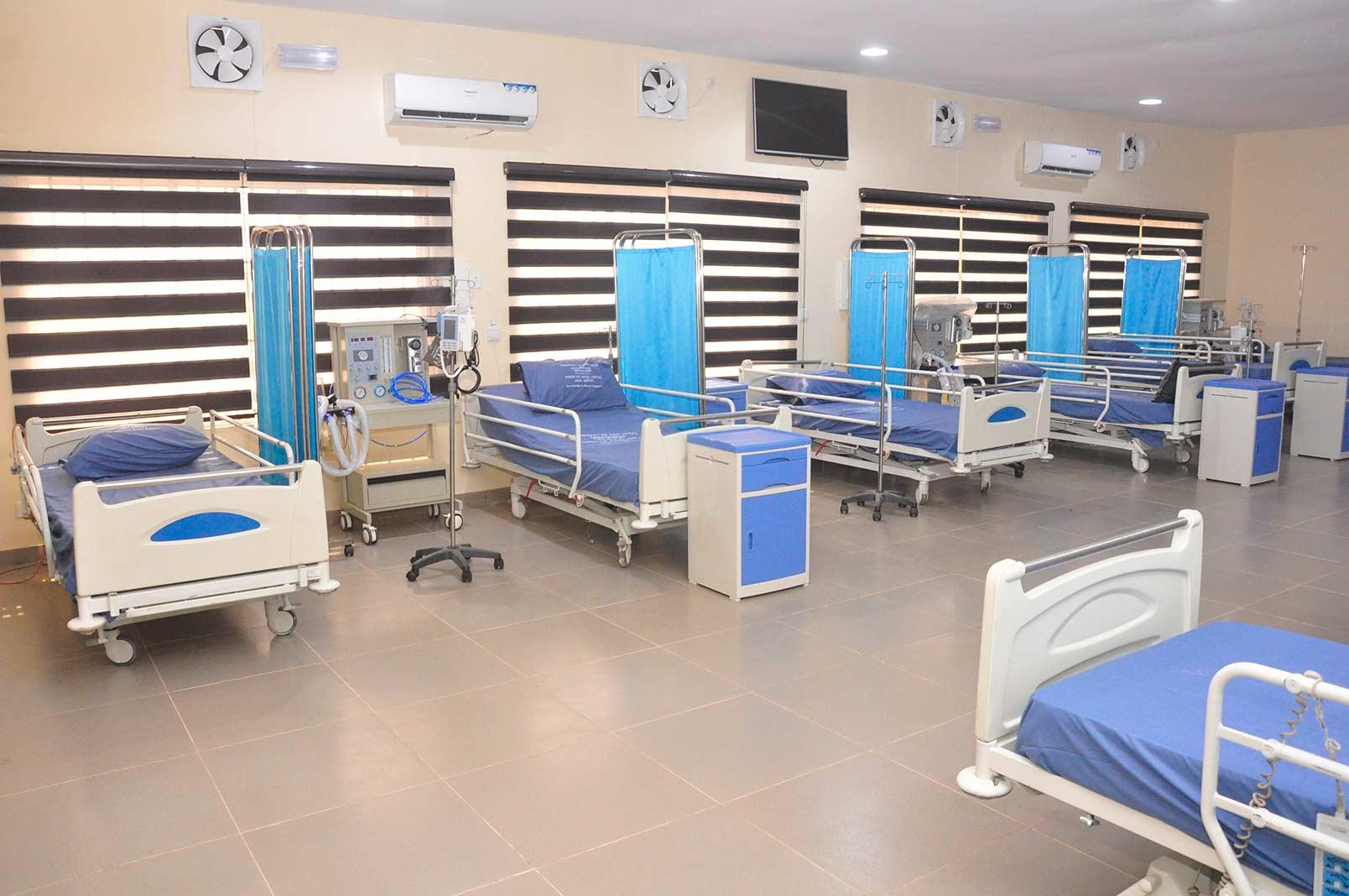
The state government has over 300-bed capacity isolation centres spread across different health facilities in the state, with the Stella Obasanjo Hospital contributing over 42-bed Intensive Care Unit (ICU) and 156-bed holding facility; UBTH with 48-bed ICU-equipped isolation centre, and others at the ISTH, Auchi General Hospital and Ogbe Nursing Home in GRA, Benin City.
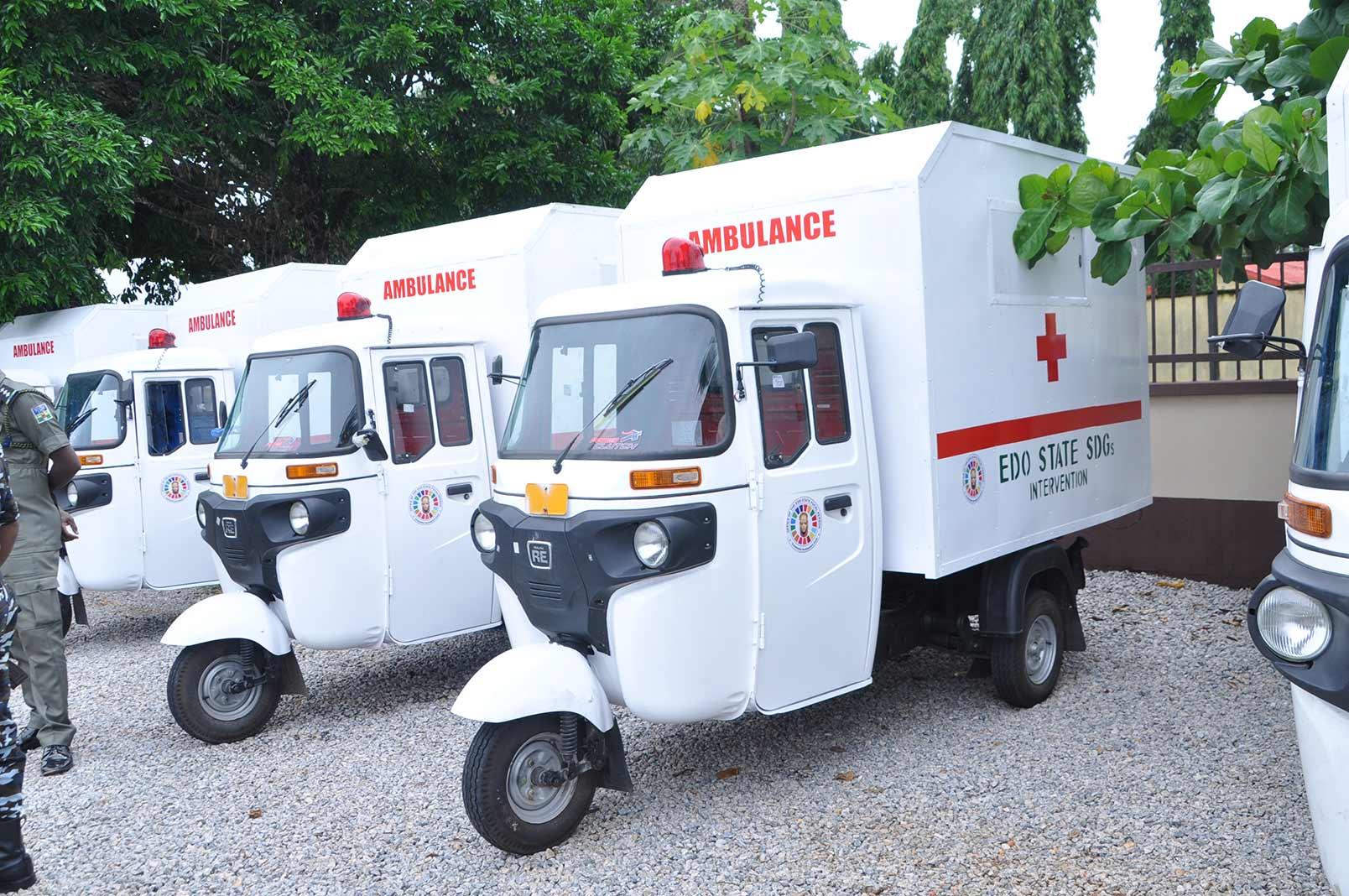
The state government has set up over 18 screening centres in Primary Healthcare Centres (PHCs) across the state, with five additional ones at borders with Delta, Ondo and Kogi States as well as 8 mobile screening centres moving around wards in local governments to screen and collect samples that fit the case definition for testing.
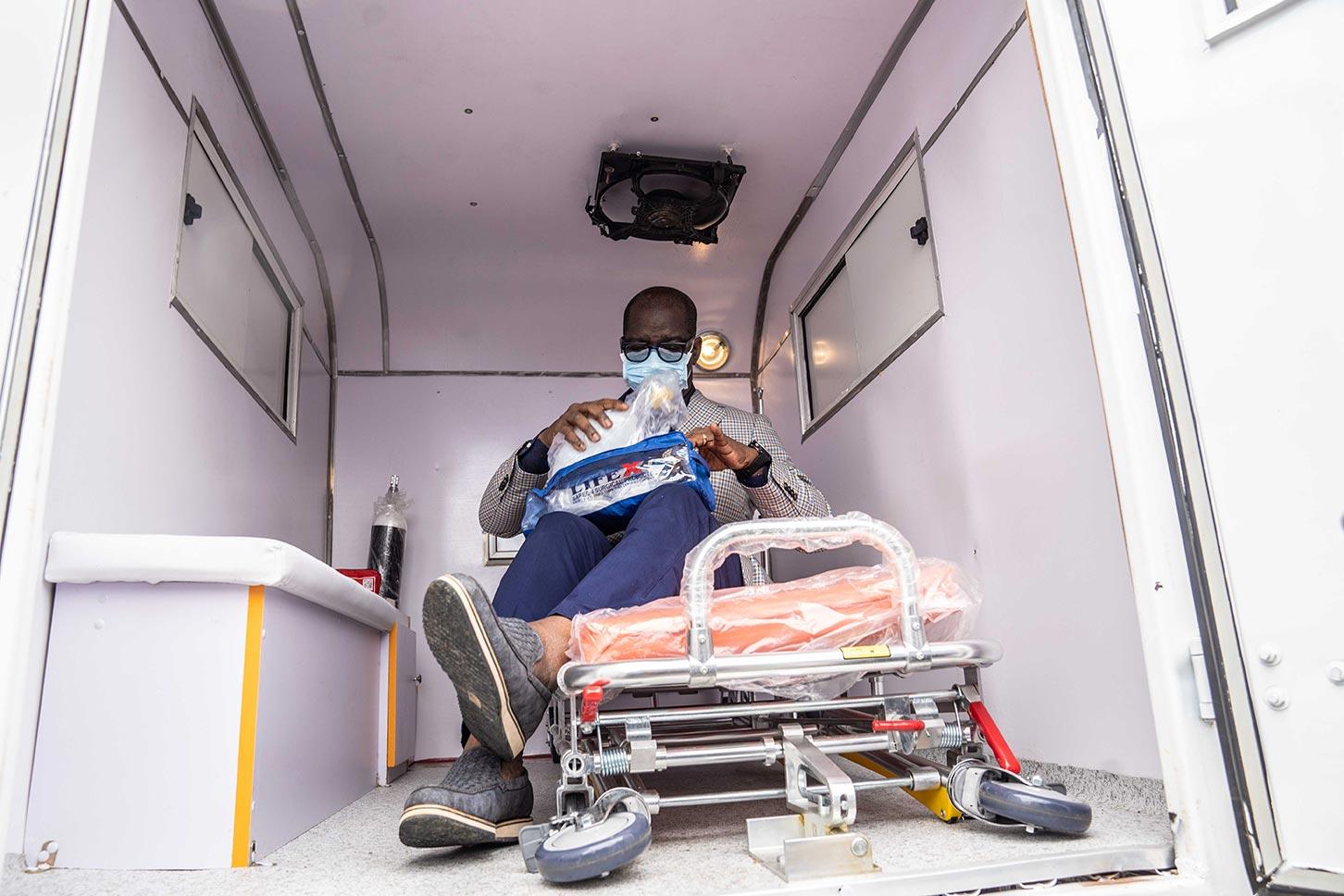
With the model, the state government screens at least 10,000 people and collects at least 20 samples for testing daily. A robust communication campaign was also embarked on to increase public awareness and get the people to take ownership of the fight against the virus.
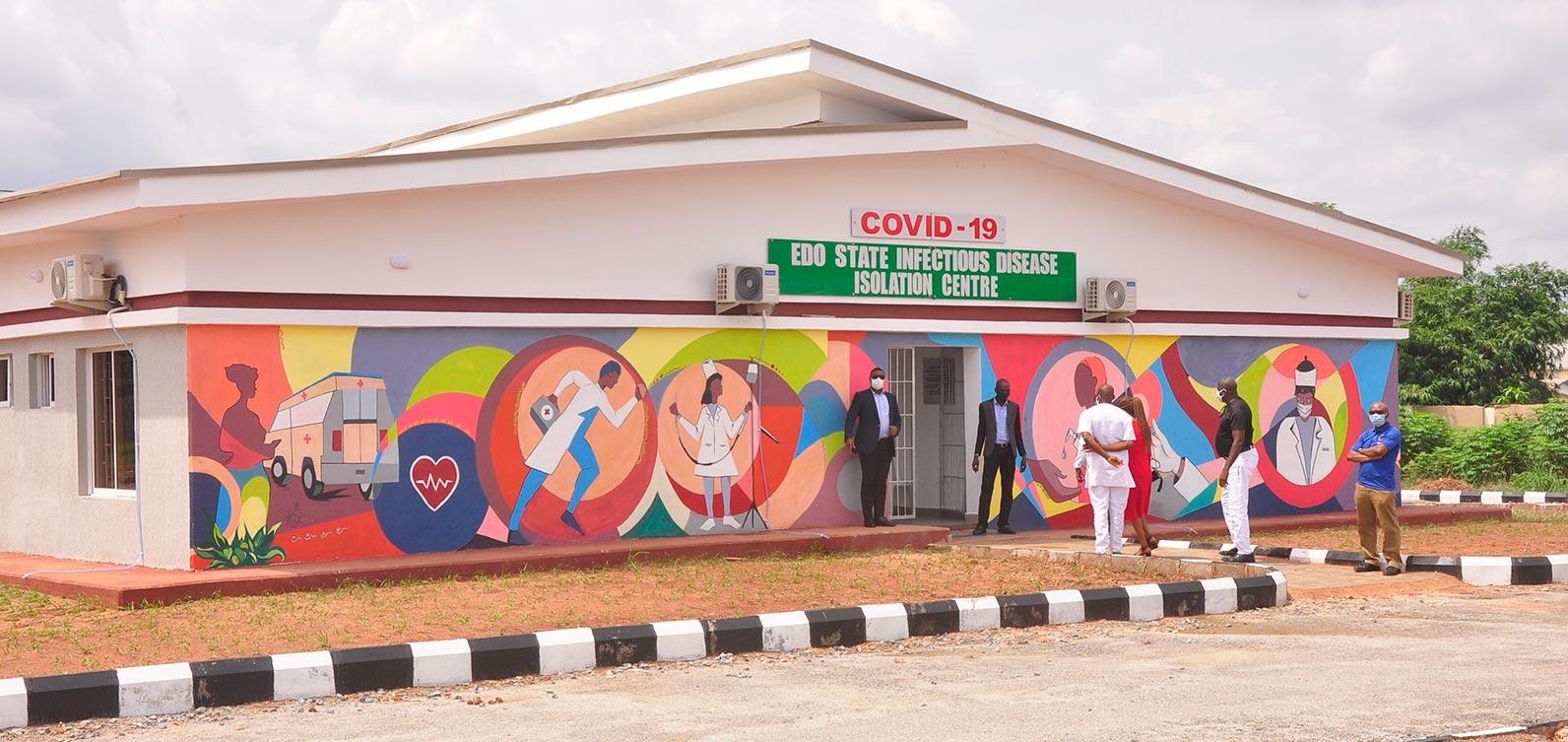
The Obaseki-led administration has also led the way in the enforcement of what is known as partial lockdown, which allows for the sustenance of the local economy, while non-essential businesses are shut. This hybrid model has now been adopted nationwide. The governor was also one of the first in Nigeria to adopt the compulsory wearing of facemasks and the imposition of curfew to restrict movement at night.
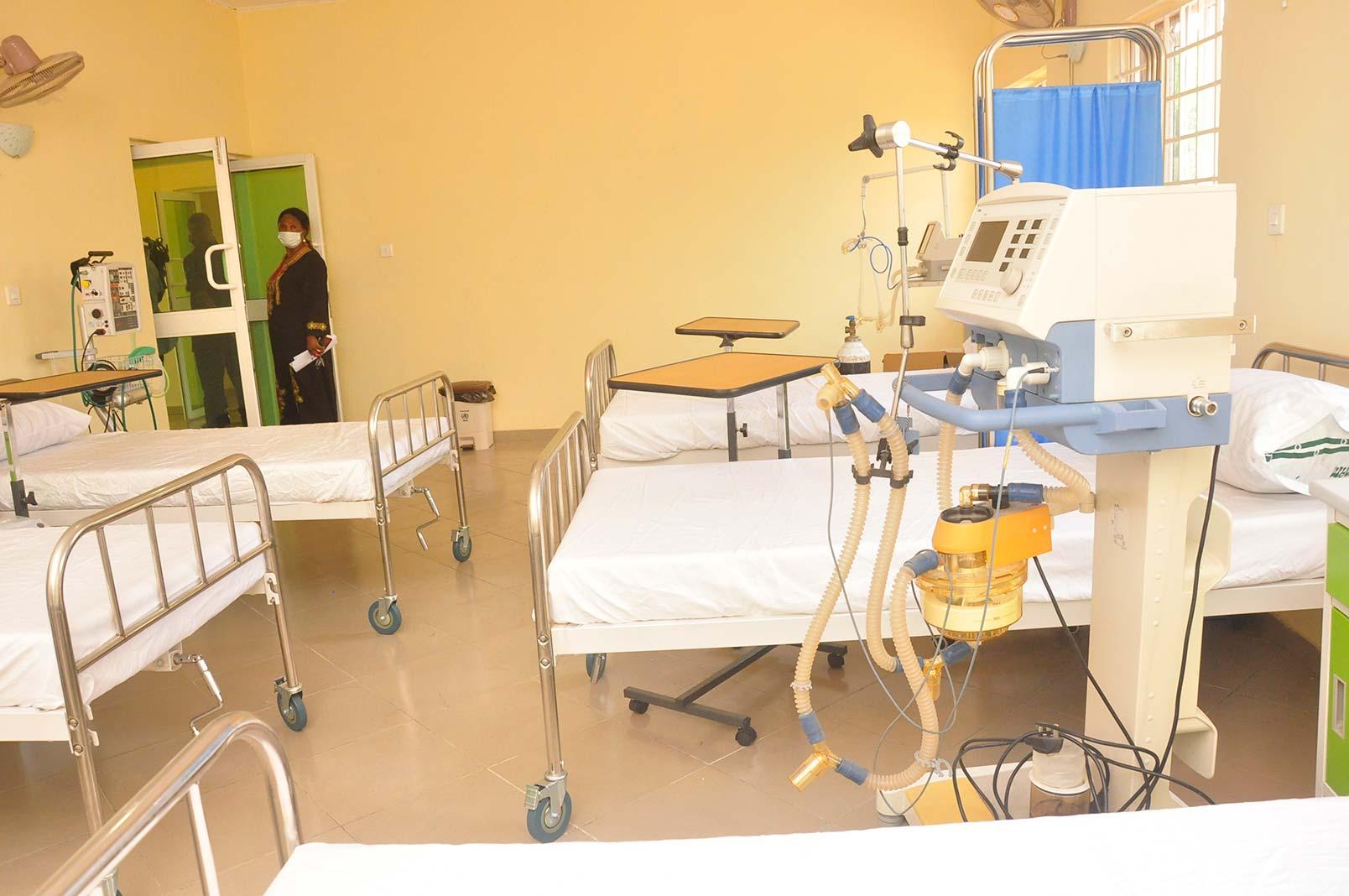
These are in addition to the closure of schools, mandatory provision of health and hygiene gears for handwashing in public places, and restriction of gathering to not more than 20 persons in public.
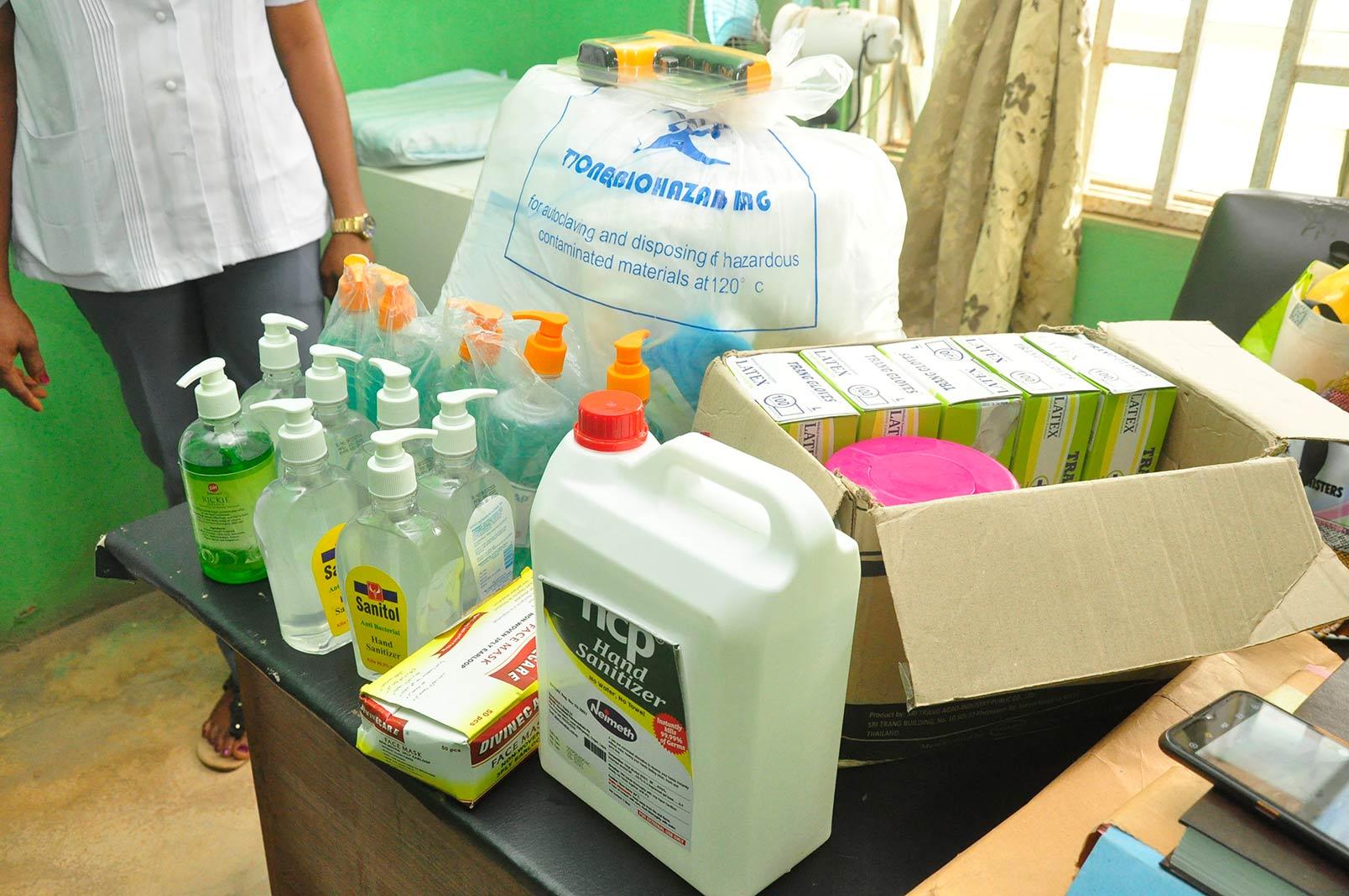
In response to the economic hardship caused by the measures adopted, the state government embarked on the distribution of relief materials in phases. For the first phase, the state government partnered with churches, traditional rulers and community organizations to provide relief packages for at least 70,000 vulnerable households in the state.

